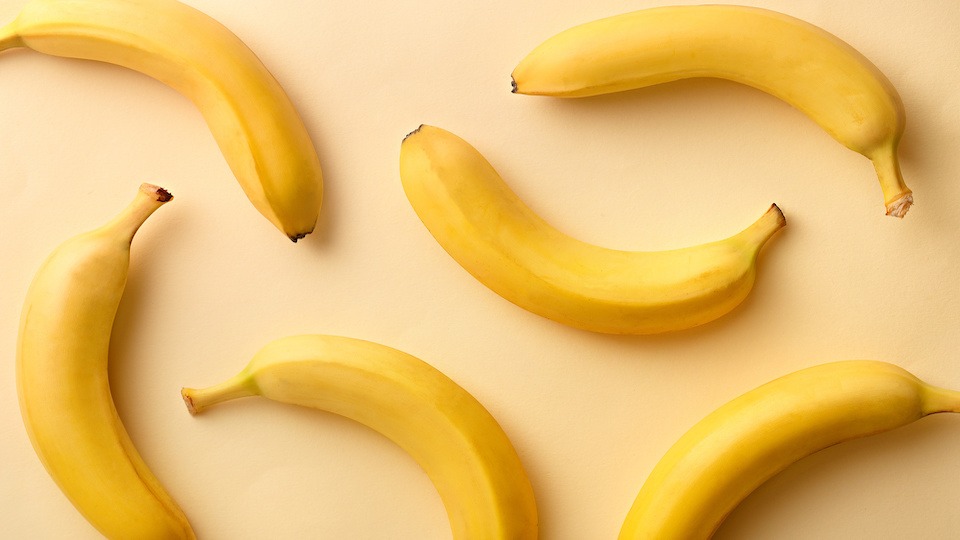There is a common blood pressure medication called hydrochlorothiazide (HCTZ for short) which causes increased urine output because of its diuretic action. HCTZ is an effective medication for lowering blood pressure and getting rid of fluid retention…but there’s a downside. There’s potassium in all that extra urine, so people who take HCTZ are at risk for potassium depletion. This is common knowledge among doctors, who almost always advise patients on HCTZ to eat bananas for the extra potassium. Now, I’ve got nothing against bananas, but many foods also contain potassium and several with quite a bit more than bananas. If you’re looking for a potassium-rich diet…you’ve come to the right place.
Enjoy,
JL
Beyond Bananas: 13 Foods High in Potassium
Potassium (abbreviated K+) is one of the most essential minerals in the diet– and in the body. Unfortunately, its important role is often underestimated, undervalued, and overshadowed by other famous minerals like sodium, calcium, and magnesium. Potassium is known as an “electrolyte” which refers to its electrical activity. When dissolved in water, potassium produces positively charged ions. This allows the water it’s dissolved in to conduct electricity more efficiently- an essential function for the body.
Here is a sneak peek at some of the crucial roles that potassium plays:
Fluid balance
The human body is made up of 60% water. Eating a potassium-rich diet helps to regulate fluid balance which is important for optimal health. Poor fluid balance puts a strain on the kidneys. Potassium has also been used to treat water retention.
Support the nervous system
Potassium plays a crucial role in triggering nerve impulses throughout the nervous system as a whole. These nerve impulses control muscle contractions, heartbeat, and other important processes.
Prevention of kidney stones
Kidney stones contain calcium and studies show that potassium citrate can lower calcium levels in urine, thus minimizing the risk of stone development. A four-year study of almost 50,000 men found that those who consumed the most potassium daily ave a whopping 51% lower risk of developing kidney stones. In a similar study of almost 100,000 women, it was found that those who had potassium-rich diets had a 35% lower risk of developing kidney stones.
Lower blood pressure
Nearly one in 3 adults have high blood pressure. Consuming a potassium-rich diet helps the body get rid of excess sodium which can elevate blood pressure, especially in people who already have high blood pressure.
Reduce the risk of a stroke
A stroke happens when there is restricted blood flow to the brain. Each year, more than 130,000 Americans die from a stroke. The good news is that studies have found that eating a diet including plenty of potassium-rich foods can help prevent a stroke. When a review of 11 studies was conducted, it was found that those who ate the most potassium had a 21% lower risk of having a stroke.
Foods high in potassium
You may hear a lot about bananas as being high in potassium. While this is true, bananas are a potassium-rich food there are many other great sources of this necessary mineral including:
- Beet greens
- Yams
- Pinto beans
- White potatoes
- White beans
- Parsnips
- Swiss chard
- Avocado
- Acorn squash
- Kale
- Spinach, cooked
- Peas, cooked
- Portobello mushrooms, grilled
- Wild caught salmon, cooked
How much potassium do I need?
Health professionals suggest that adults get between 3,500 – 4,700 mg of potassium per day.
-The Well Daily Team







